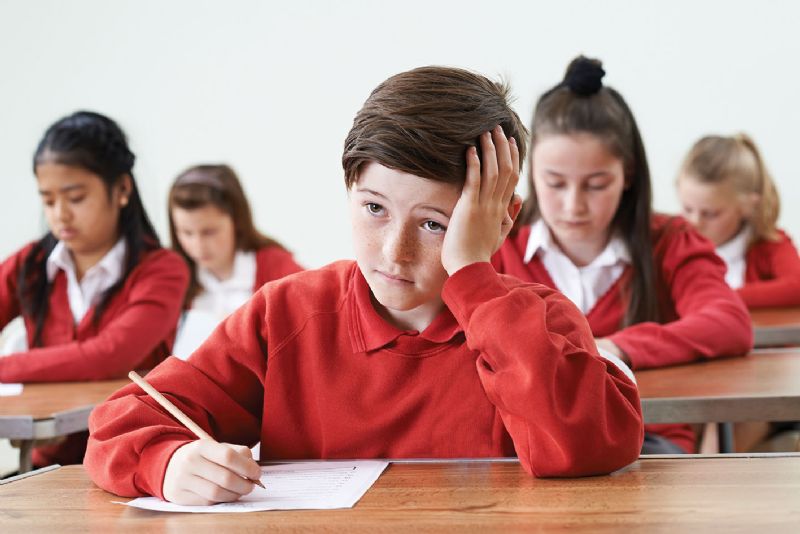- Home
- News, Articles & Reviews
We are hiring! Please click here to join our growing magazine delivery team in Gloucestershire!
Areas
Education, Training & Employment
Archive

Primary to Secondary school transition
All Areas > Education, Training & Employment > Education & Employment
Author: Holly Prince, Posted: Wednesday, 26th August 2020, 08:00
School is a big part of child-hood, with children spending around seven hours of their day there. Whether it’s true or not that ‘school days are the best days of our lives’, it certainly is an important stage in life for learning and growth.
In a way, moving from primary to secondary school is a rite of passage, which involves students having to make many adjustments – in their environment, friendships and level of learning.
Growing up through the school, from Year 1 to Year 6, a child may have been with the same friends and teachers for the past eight years, so when it’s time to leave they may be sad to say goodbye.
Children may need emotional support
A child may not be going to the same secondary school as their friends, and making new friends can be daunting, so they may need emotional support if they are feeling anxious or lonely.
For others who have not enjoyed primary school, a change may be what’s needed – a chance to be in a different environment, surrounded by different role models, could have a positive influence on their behaviour and mental attitude towards learning.
Change is hard for anyone, but the transition from primary to secondary school is a particularly stressful stage, and this all happens around the time of starting puberty, so a lot is going on in a child’s body and brain!
As well as the physical changes, a young person may be exploring their personal values and experimenting with their identity, which can cause some youngsters to feel confused or lost, impacting on their engagement in learning.
You may notice changes in their behaviour
Whether a child is looking forward to moving on or not, there may be various changes in their behaviour. For example, becoming more withdrawn due to worrying more than usual, or maybe the opposite – becoming more outgoing and engaging in risk-taking behaviours now that they feel more mature.
Whatever they feel is ok; it takes time to adjust, so young people need to be supported and encouraged to embrace the novelty of it all.
Take an interest in their education
If you have an 11 year old child, nurture and support them through this time. Take an interest in their education, and listen to their concerns. Respect their feelings, but also reassure them that even though moving up to ‘big school’ can be nerve-wracking, it is also an exciting time!
Encourage your child to focus on the positives, such as different opportunities, self-development and new engaging activities. It’s all part of life’s journey.Copyright © 2025 The Local Answer Limited.
Unauthorized use and/or duplication of this material without express and written permission from this site's author and/or owner is strictly prohibited. Excerpts and links may be used, provided that full and clear credit is given to The Local Answer Limited and thelocalanswer.co.uk with appropriate and specific direction to the original content.More articles you may be interested in...


© 2025 The Local Answer Limited - Registered in England and Wales - Company No. 06929408
Unit H, Churchill Industrial Estate, Churchill Road, Leckhampton, Cheltenham, GL53 7EG - VAT Registration No. 975613000You are leaving the TLA website...
You are now leaving the TLA website and are going to a website that is not operated by us. The Local Answer are not responsible for the content or availability of linked sites, and cannot accept liability if the linked site has been compromised and contains unsuitable images or other content. If you wish to proceed, please click the "Continue" button below:




